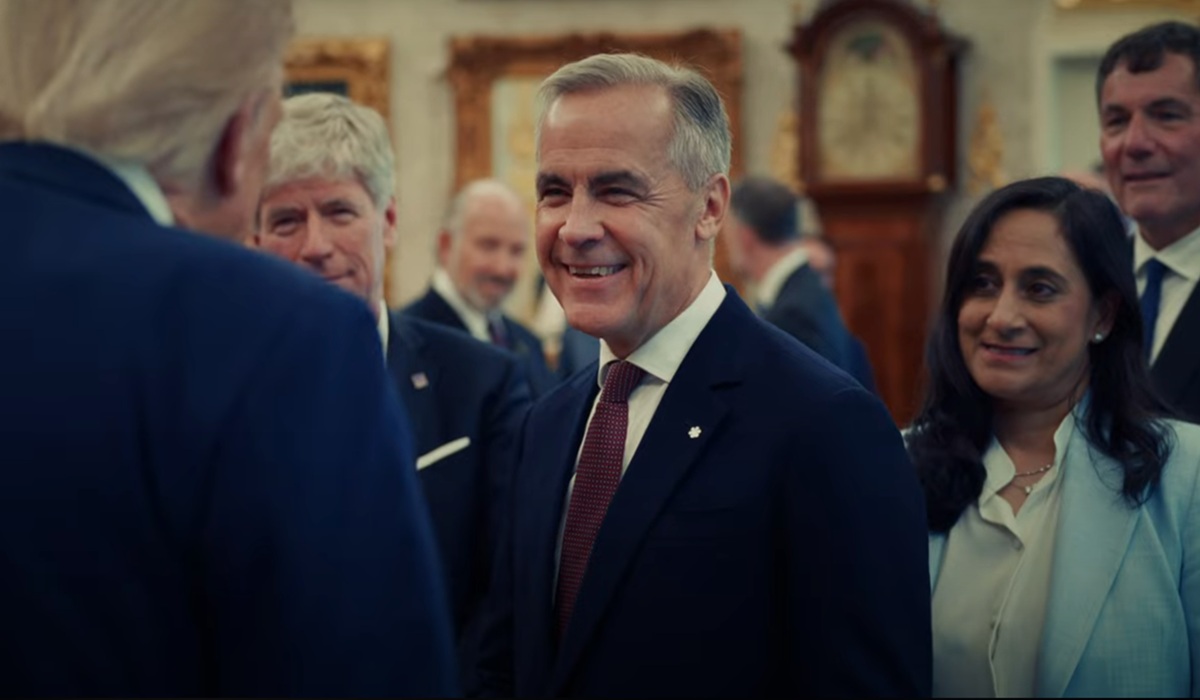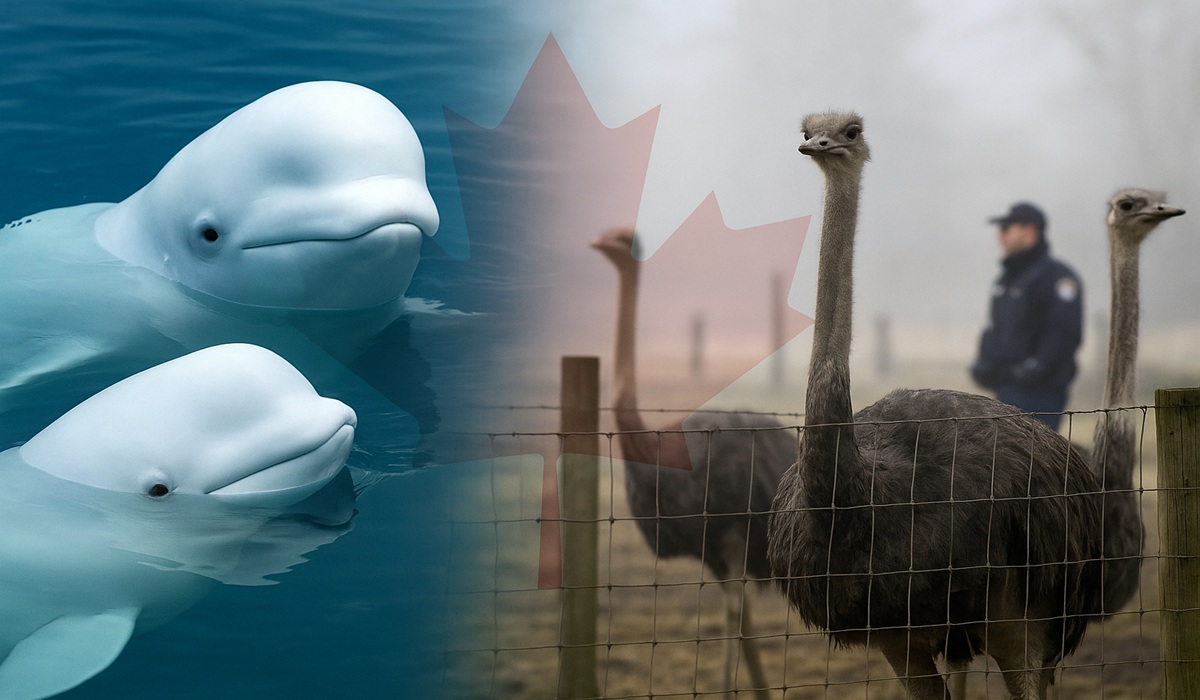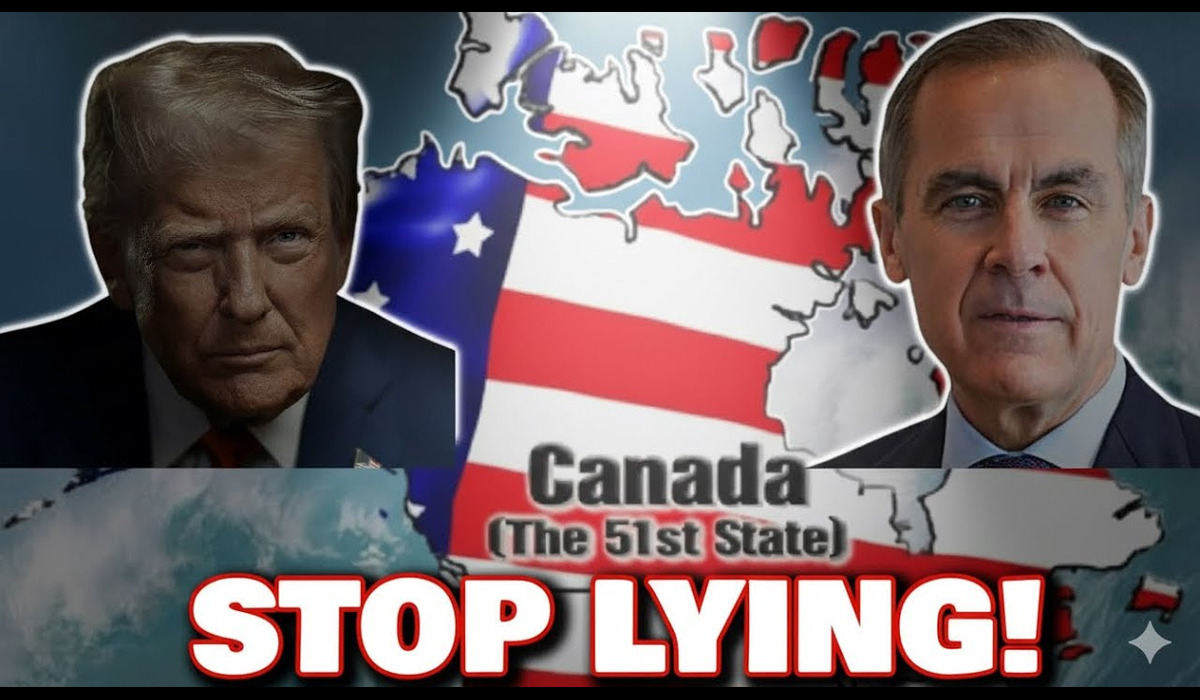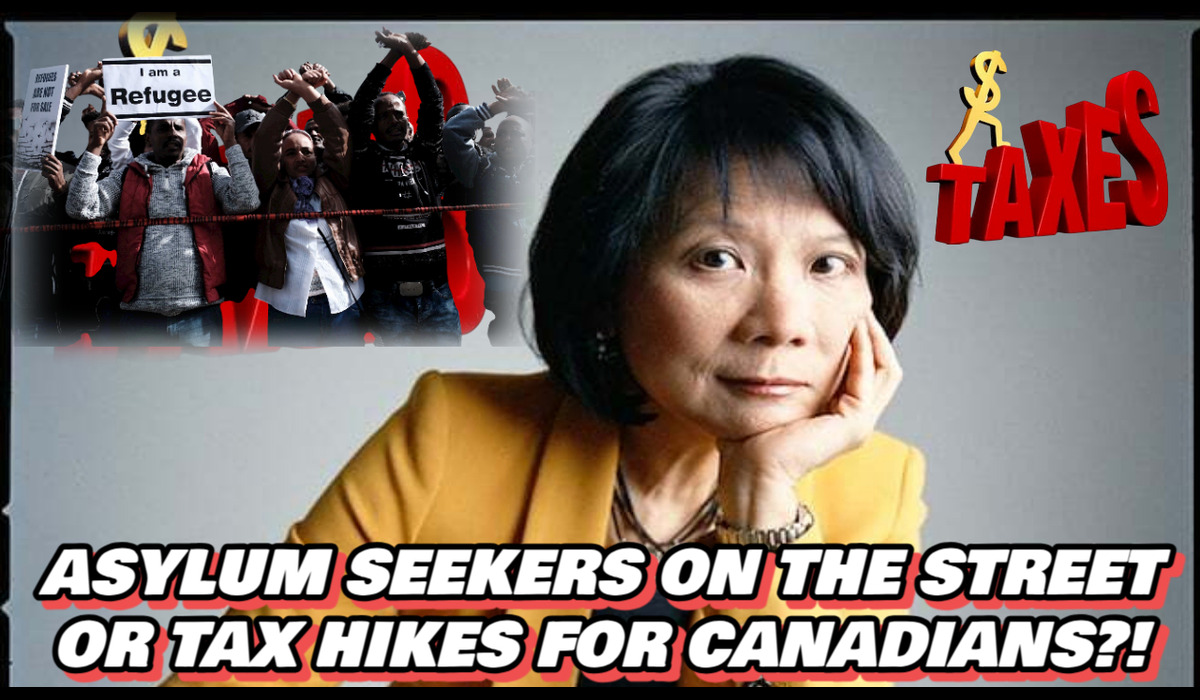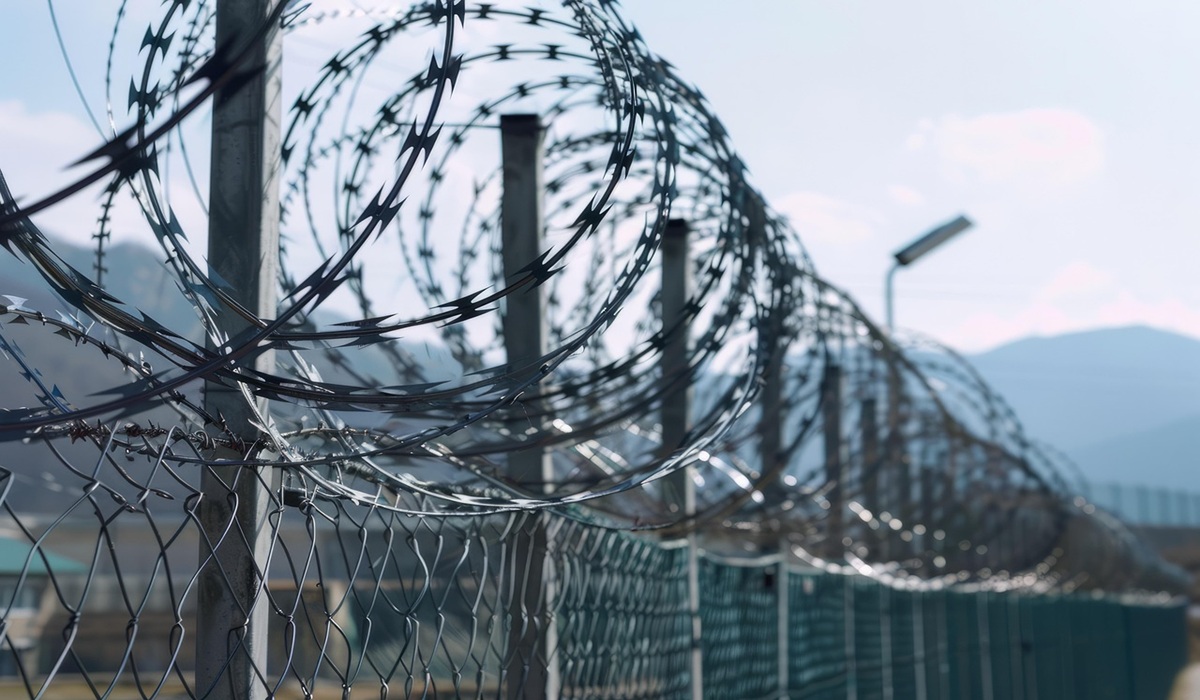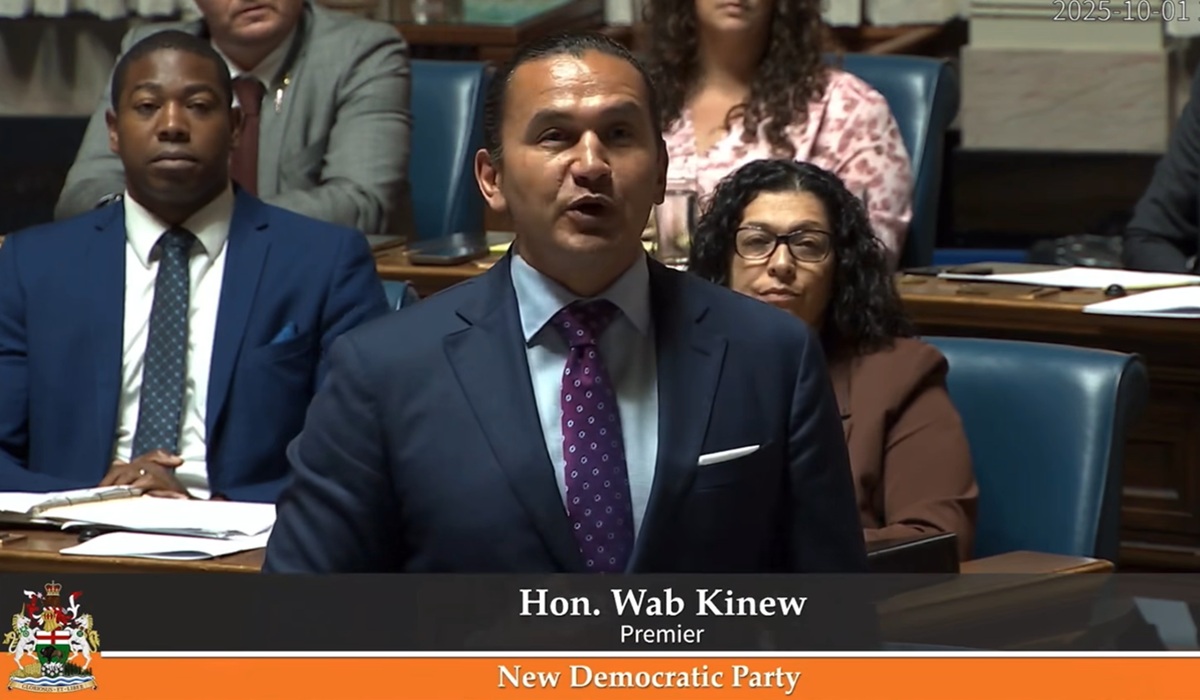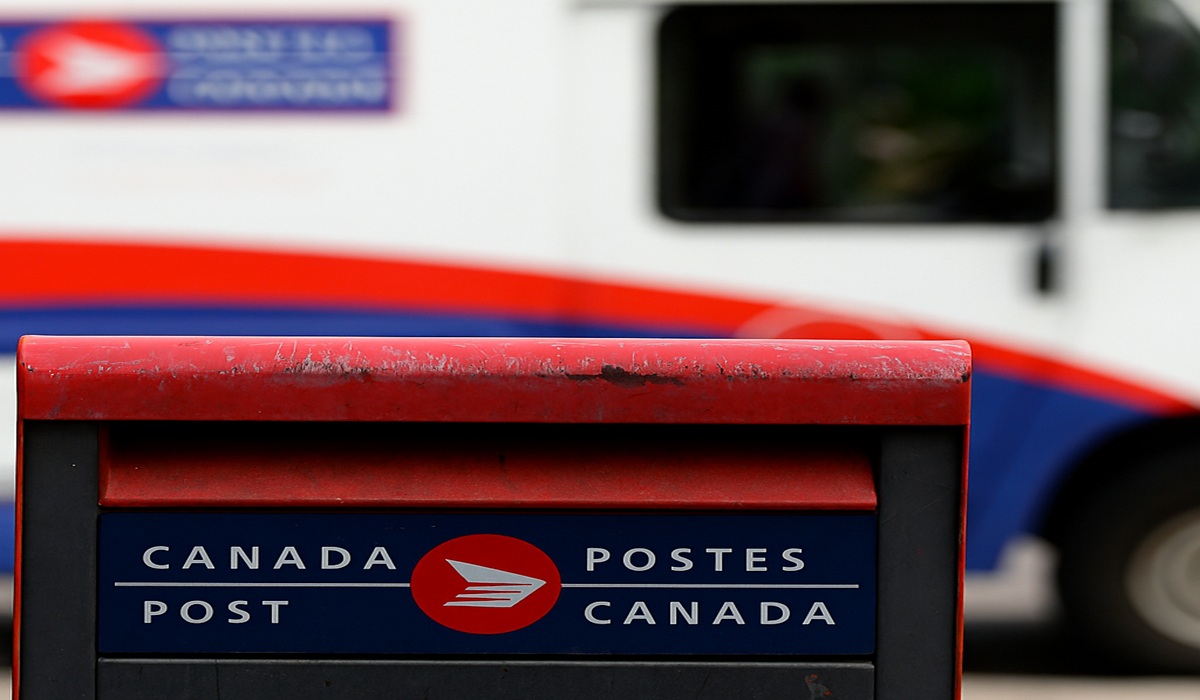Canada to Officially Recognize Palestinian State: A Milestone Overshadowed by Incomplete Context
- Ingrid Jones
- Canada
- July 31, 2025
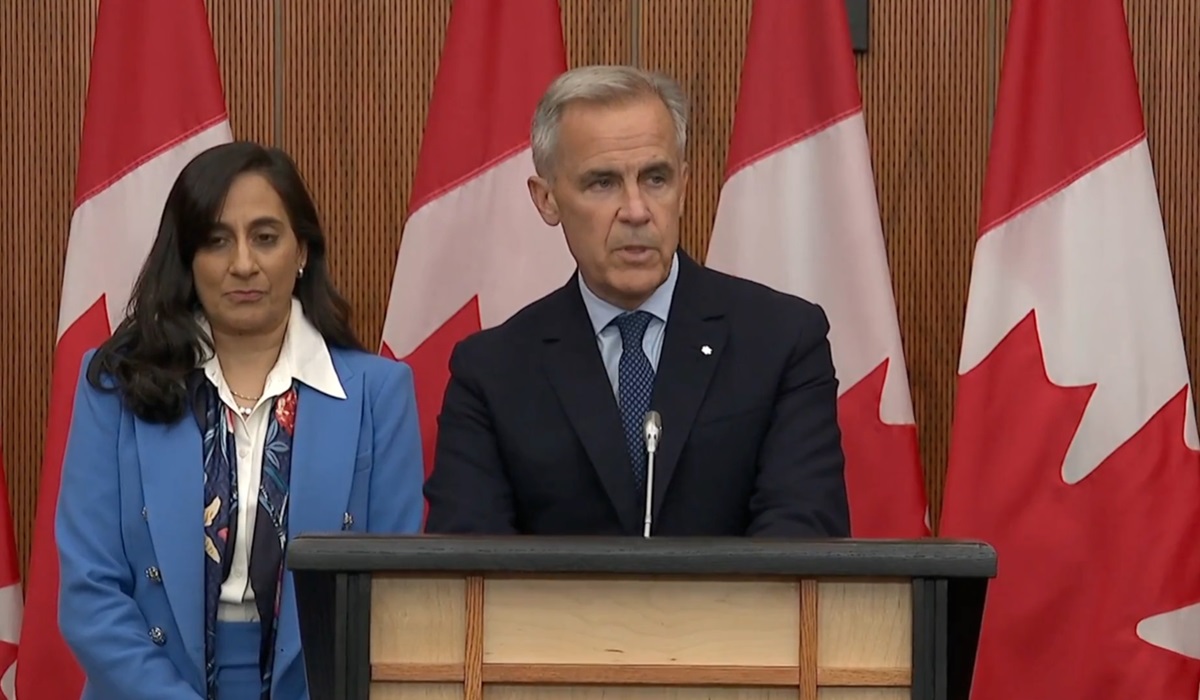
Canada’s announcement on Wednesday that it will formally recognize the State of Palestine in September marks a pivotal moment in its foreign policy and aligns the country with a growing international consensus. Prime Minister Mark Carney’s decision follows similar moves by France and the United Kingdom and signals that much of the G7—excluding the United States—is shifting toward formal recognition of Palestinian statehood. Long called for by Palestinian-Canadians and international human rights advocates, this step is overdue. But while it has been praised by many as a bold departure from Canada’s previous stance, the announcement is already being clouded by political backlash, contradictions, and an incomplete reckoning with the reality on the ground.
Carney’s statement did reflect a noticeable shift in tone compared to his predecessors. It acknowledged not just the “heinous terrorist attack” by Hamas on October 7, 2023, but also the “accelerated settlement building across the West Bank and East Jerusalem,” the spike in settler violence, and the Israeli government’s failure to prevent the “rapidly deteriorating humanitarian disaster in Gaza.” These admissions mark a departure from the usual Western diplomatic language that focuses almost exclusively on Israeli security while minimizing Palestinian suffering. “This leaves no room for delay,” the statement reads, emphasizing that the longstanding peace process framework is no longer tenable.
However, Carney’s announcement was also heavily conditional. Canada’s recognition of Palestine is tied to a commitment by the Palestinian Authority to carry out reforms, hold general elections in 2026 excluding Hamas, and maintain a demilitarized state. While accountability and good governance are necessary, these requirements place the entire burden of reform and peace on Palestinians, while Israel continues to expand settlements, restrict aid, and deploy military force without facing reciprocal conditions. Carney insists that Hamas “must disarm” and “must play no role” in governance, yet says nothing about Israeli impunity or the far-right elements within the current Israeli government who openly advocate for annexation and expulsion.
The federal Conservatives swiftly condemned Carney’s announcement, accusing the Prime Minister of clinging to two-state rhetoric without fully grasping the weight of the moment. They argued the decision “sends the wrong message to the world,” ignoring the reality that most of the world has either already recognized Palestine as a state or is rapidly moving in that direction as horrifying images emerge daily from Gaza. The Conservatives’ statement failed to acknowledge the scale of Palestinian civilian suffering and continued the long-standing Canadian political tradition of viewing the Israeli-Palestinian conflict almost solely through the lens of Israeli security.
Israeli Ambassador to Canada Iddo Moed offered a far more defiant response. “Let us be clear: Israel will not bow to the distorted campaign of international pressure against it,” Moed declared. “We will not sacrifice our very existence by permitting the imposition of a jihadist state on our ancestral homeland that seeks our annihilation.” Such statements reveal just how polarized and entrenched the discourse remains, even as international public opinion shifts dramatically in response to the relentless bombing campaigns in Gaza and the mounting civilian death toll.
“Wow! Canada has just announced that it is backing statehood for Palestine. That will make it very hard for us to make a Trade Deal with them. Oh, Canada!!!” Said U.S President, Donald Trump
At the same time, questions persist about Canada’s real-world commitment to peace. While Ottawa claims it is not exporting arms to Israel, recent listings on Israeli government procurement platforms contradict that assertion. Canadian-made components and military technologies have surfaced on defense rosters used by Israeli forces. The government denies this, but investigative reporting and watchdog groups suggest that Canadian exports have made their way to Israel through third-party channels or dual-use loopholes. Until this is clarified transparently, Canada’s message of peace will ring hollow to many.
Carney’s announcement did make clear that Canada intends to support a credible peace plan and build governance and security infrastructure for a future Palestinian state. Over $340 million in humanitarian aid has been pledged, including $30 million in new funding and $10 million in support of the Palestinian Authority’s administration of the West Bank. But aid cannot substitute justice, and money cannot replace political autonomy. Recognizing Palestine while continuing military cooperation with Israel is not a neutral stance—it is a contradiction.
This moment demands moral clarity. The recognition of Palestinian statehood is not a radical position—it is the global standard. More than 140 countries already recognize Palestine. What is radical is continuing to treat Palestinians as a stateless people under indefinite occupation. What is radical is arming one side of a conflict while preaching neutrality. What is radical is expecting peace from a people denied the basic conditions of dignity and sovereignty.
Prime Minister Carney’s move is significant and, in some ways, courageous. He acknowledged that the past approach has failed. He acknowledged the inhumane conditions in Gaza. He acknowledged that Israel’s settlement policy is undermining peace. But if Canada wants to be taken seriously as a peace broker, it must go further. That means halting arms exports, challenging Israeli violations of international law with the same energy applied to Palestinian violence, and supporting a truly democratic and representative process for all Palestinians—not just those deemed politically convenient.
The path to peace must include truth. Not one-sided narratives. Not conditional recognition. And certainly not political expediency. Canada’s recognition of Palestine should be more than symbolic—it should be the beginning of a new, principled foreign policy that puts justice above alignment and humanity above geopolitics.

